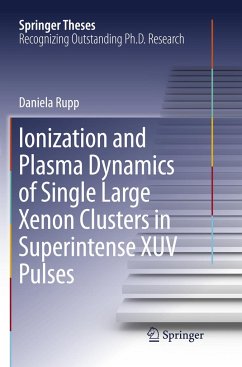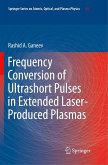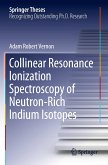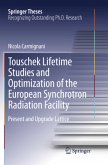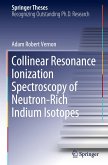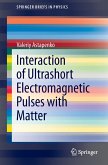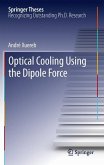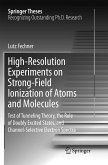At the heart of this thesis is the young field of free electron laser science, whose experimental and theoretical basics are described here in a comprehensible manner. Extremely bright and ultra short pulses from short wavelength free-electron lasers (FELs) have recently opened the path to new fields of research. The x-ray flashes transform all matter into highly excited plasma states within femtoseconds, while their high spatial and temporal resolution allows the study of fast processes in very small structures. Even imaging of single molecules may be within reach if ultrafast radiation damage can be understood and brought under control.
Atomic clusters have proven to be ideal model systems for light-matter interaction studies in all wavelength regimes, being size scalable, easy-to-produce gas phase targets with a simple structure. With FELs, "single cluster imaging and simultaneous ion spectroscopy" makes possible experiments under extremely well defined initial conditions,because the size of the cluster and the FEL intensity can be extracted from the scattering images. For the first time large xenon clusters up to micron radius were generated. Their single cluster scattering images were analyzed for cluster morphology and traces of the ultrafast plasma built-up during the femtosecond FEL pulse. The simultaneously measured single cluster ion spectra yield unprecedented insight into the ion dynamics following the interaction. The results will feed both future experimental effort and theoretical modeling.
Atomic clusters have proven to be ideal model systems for light-matter interaction studies in all wavelength regimes, being size scalable, easy-to-produce gas phase targets with a simple structure. With FELs, "single cluster imaging and simultaneous ion spectroscopy" makes possible experiments under extremely well defined initial conditions,because the size of the cluster and the FEL intensity can be extracted from the scattering images. For the first time large xenon clusters up to micron radius were generated. Their single cluster scattering images were analyzed for cluster morphology and traces of the ultrafast plasma built-up during the femtosecond FEL pulse. The simultaneously measured single cluster ion spectra yield unprecedented insight into the ion dynamics following the interaction. The results will feed both future experimental effort and theoretical modeling.

